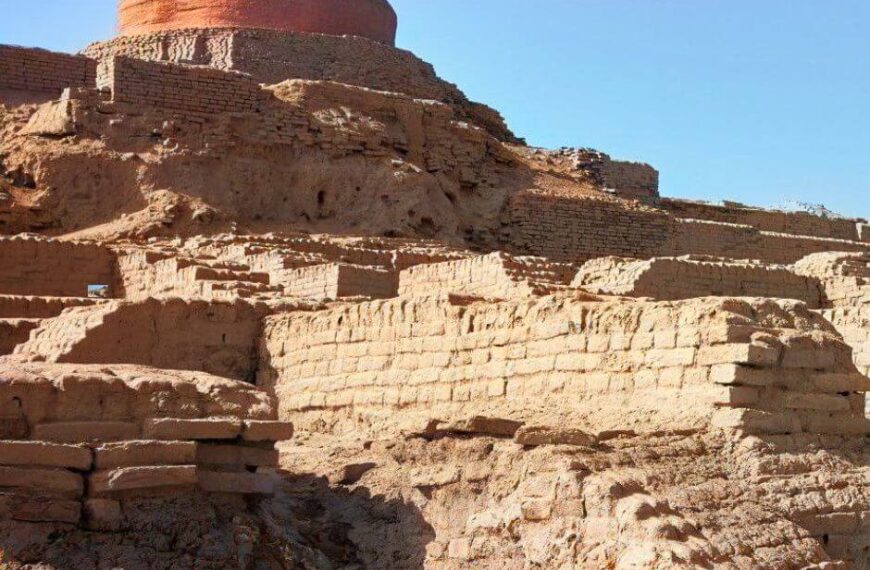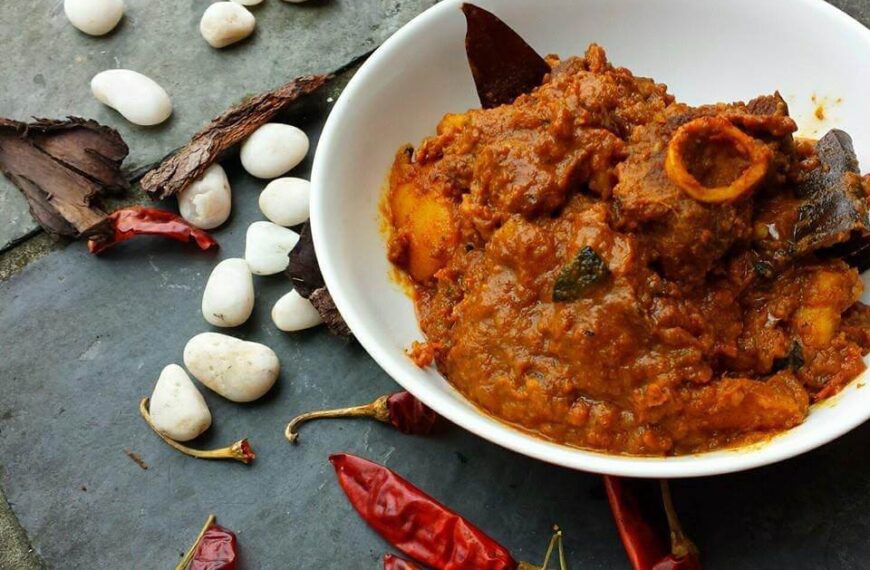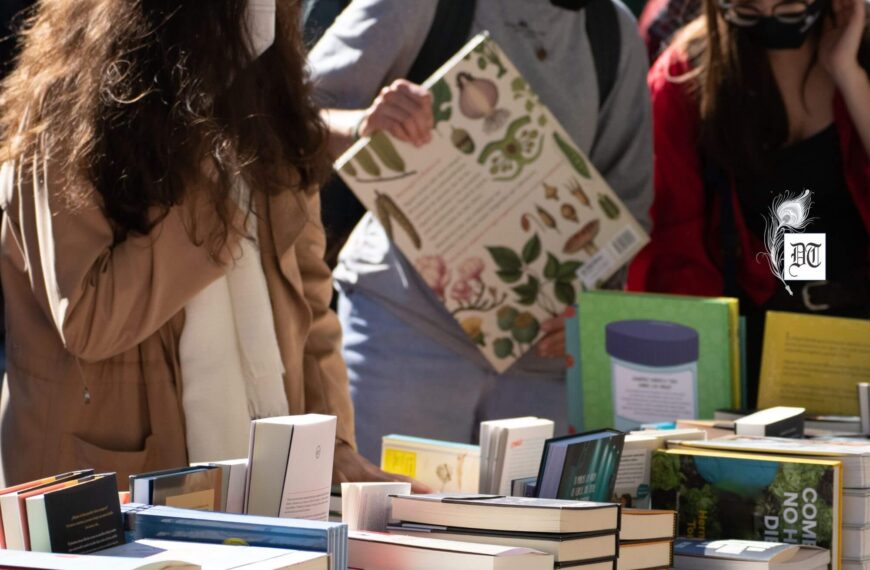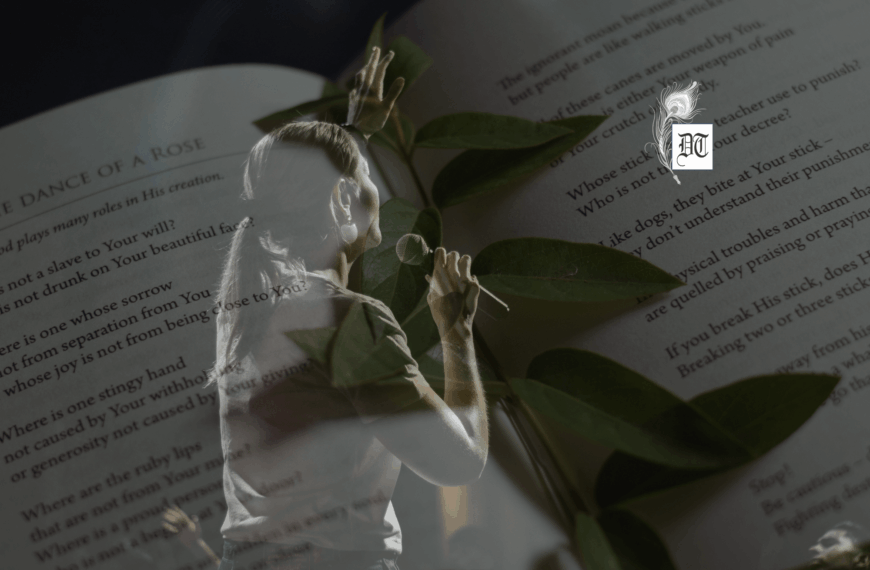Bhaswati’s intensive and meticulous six-year-long research on Indian Coffee Houses in Kolkata, Allahabad, and New Delhi, has fructified in the form of a book, Much Ado Over Coffee. Here’s a report of her book reading, early this week, in Allahabad, by Tooba, exclusively in Different Truths.
The Novel Tea Book Club of Sanchaari organised a special evening dedicated to a discussion on Bhaswati Bhattacharya’s recently published book, Much Ado Over Coffee. This book reading (by the writer herself), was organised at El Chico’s Banquet Hall in Civil Lines, on Monday, October 23.
 One of Sanchaari’s founding members, Samina Naqvi, introduced the writer. Bhaswati then began, by thanking the Novel Tea Book Club for arranging the session. She then went on to read excerpts from her book. The book, designed as an exploration into the origins and enduring popularity of the Indian Coffee House, proved to be a very fascinating research experience for the writer during which, she was not only able to dig deep into the living archive that the Coffee House is, but also into other aspects of our city and its landmarks, in general.
One of Sanchaari’s founding members, Samina Naqvi, introduced the writer. Bhaswati then began, by thanking the Novel Tea Book Club for arranging the session. She then went on to read excerpts from her book. The book, designed as an exploration into the origins and enduring popularity of the Indian Coffee House, proved to be a very fascinating research experience for the writer during which, she was not only able to dig deep into the living archive that the Coffee House is, but also into other aspects of our city and its landmarks, in general.
She talked about how North India has always had a rich oral literary tradition with Kavi Sammelans and Mushairas being organised since time immemorial- all of which later crystallised into the ‘Coffee House culture’.
The passages she read also delved into how different publishing houses like the ‘Indian Press’, or magazines like ‘Chand’ (at Loknath Chauraha) together with historic edifices like our University and High Court, became harbingers of modernity for the city. These institutions, along with the Urdu Department at the University (started in the 1920s), the Hindustani Academy and the Muslim Boarding House  became stepping stones to a glamorous future for our Indo-Persian culture.
became stepping stones to a glamorous future for our Indo-Persian culture.
Bhaswati also referred to how certain eateries and their local cuisines have tended to live on in our memories and tastes. She made special mention of Daraganj’s ‘Kaadir Ka Restaurant’ and ‘Jagaati’ – Kumaoni entrepreneur – who became everyone’s favourite caterer at University Road.
Her account of the history of these areas was richly interspersed with descriptions of the changes that have now come upon them, along with interesting tidbits like how the word ‘adda’ travelled from Calcutta to Allahabad and how coffee is a beverage with Middle Eastern (particularly Ethiopian) origins.
She ended with a reiteration of the significance of the Coffee House, which was a quintessential representation of British sophistication, blended with just the right amount of Indian nationalistic flavor, where vernacular writers socialised just as much as writers of the English language.
 The book reading was followed by a question-answer session where Novel Tea Club members like Prof. Neelum Saran Gour, Prof. Lalit Joshi, and other members of the audience like Divya Raj, Prof. H S Saxena, Gauri Saxena, Arindam Roy and others put up intriguing queries to the writer, which she answered with equal candour.
The book reading was followed by a question-answer session where Novel Tea Club members like Prof. Neelum Saran Gour, Prof. Lalit Joshi, and other members of the audience like Divya Raj, Prof. H S Saxena, Gauri Saxena, Arindam Roy and others put up intriguing queries to the writer, which she answered with equal candour.
It was undoubtedly a most enlightening evening for all present. Much Ado Over Coffee will surely engender a new spark of interest into Allahabad’s multifaceted milieu and leanings.
©Tooba Masood
Photos sourced from Sanchari
#BookReading #MuchAdoOverCoffee #Adda #NovelTeaClub #CoffeeHouse #Allahabad #Sanchari


 By
By

 By
By
 By
By